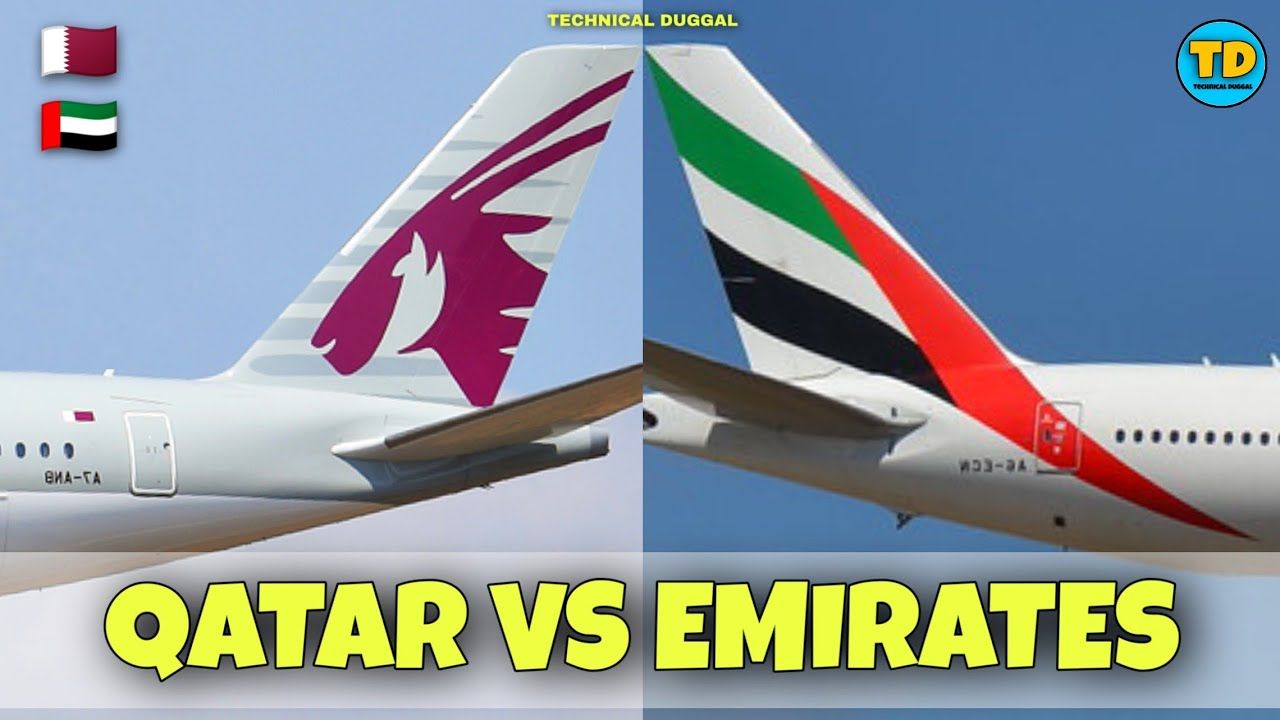
With the re-establishment of diplomatic relations between Qatar and its Gulf neighbours last week a bullish mood is prevailing in the Middle East.
British Prime Minister Boris Johnson acknowledged the importance of the coming together when he spoke to the Emir of Qatar, Sheikh Tamim Bin Hamad al-Thani, last Friday (8 December 2020) congratulating him on his leadership in reaching an agreement with the Gulf Cooperation Council (GCC), welcoming it as an important step for regional security and stability.
They agreed to work together to deepen trade and investment between our two countries and discussed ongoing cooperation on the upcoming World Cup in Qatar.
The two leaders also spoke about the international response to Covid-19 and vaccine rollout, and looked forward to the COP26 climate summit in Glasgow in November.
Flights will once again be able to resume between Qatar and Bahrain, Egypt, Saudi Arabia, and the United Arab Emirates. This follows the end of the blockade that started in 2017 and which often required circuitous detours that added significantly to block times, fuel burn, and competitiveness.
In full-year 2016, 16 airlines operated between Doha and these four countries, including on a fifth freedom basis. They had 13.9m seats and over one-quarter of Doha’s total capacity, OAG shows. The UAE was top with over 7.7m seats, followed by Saudi Arabia (3.2m), Bahrain (1.7m), and Egypt (1.2m). Qatar Airways had the lion’s share representing 19% of the network carrier’s total capacity that year.
Qatar Airways Group CEO, HE Akbar Al Baker was clearly delighted and issued a short statement pending detailed arrangement regarding the start of service. “We are very pleased with the positive outcome from the GCC Summit and the decision to reopen all borders with Qatar.”
He had previously spoken just before the New Year highlighting the World Cup. “This year has been unlike any other, with the Covid-19 pandemic impacting people and businesses all around the world. Aviation has been one of the most affected industries, with a unique set of challenges resulting from a more restrictive travel environment and subdued demand.
“However, at Qatar Airways we have never shied away from a challenge and I am immensely proud of our response. Firstly, we never stopped flying throughout the pandemic, fulfilling our mission of taking stranded passengers home on scheduled and charter flights. We were able to do this thanks to our varied fleet of modern, fuel-efficient aircraft that allows us to respond quickly to market changes, as well as the incredible efforts of our staff.
“Our fleet has also allowed us to rebuild our network from our lowest point in May, when we served 33 destinations, to over 110 destinations today and 129 by the end of March 2021. We have even launched seven new destinations during the pandemic to meet demand so that passengers can travel with an airline they can rely on.
Much work has been done by the hospitality industry in Qatar to ensure that visitors can enjoy a safe visit when its borders open and I believe that travellers will be eager to see what we have to offer, especially as interest in Qatar will grow in the run up to the 2022 FIFA World Cup Qatar.”
www.qatarairways.com